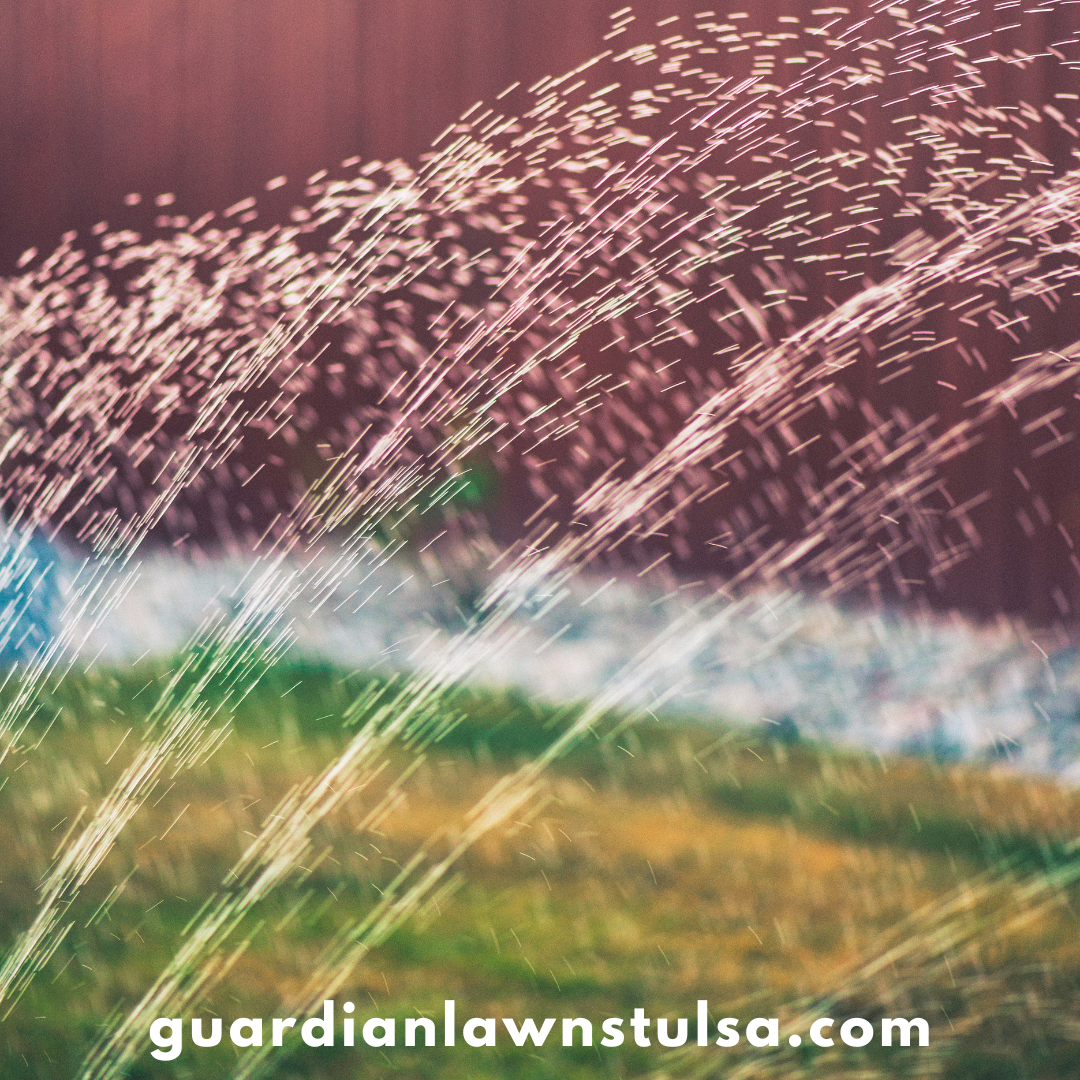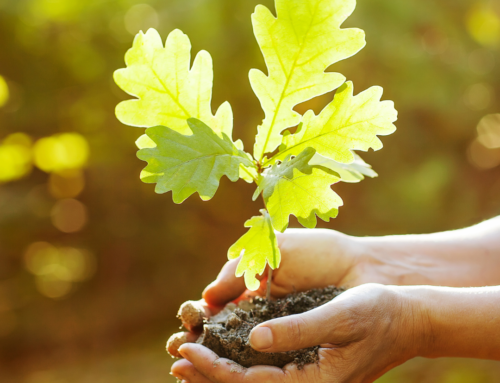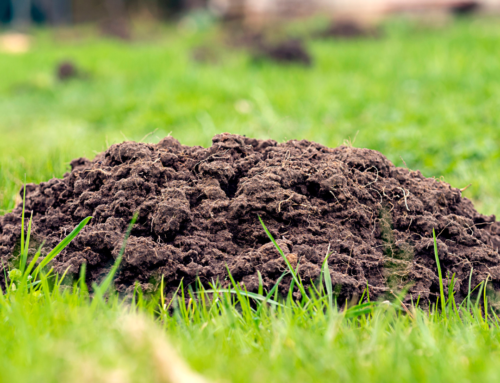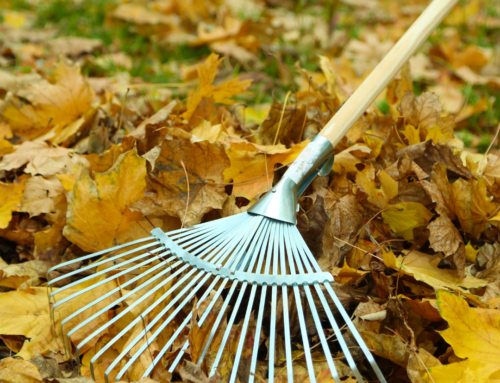February is the month of love, and we hope that you, like the team at Guardian Lawn care, love your lawn! In that spirit, this month we are going to share some love about overwatering your lawn – mostly don’t do it!
Maintaining a lush, green lawn requires a delicate balance of watering, fertilizing, and proper care. While it’s essential to ensure that your lawn receives an adequate amount of water, overwatering can be just as harmful as under-watering.
Compromised Root Development
One of the most significant risks of over-watering your lawn is the detrimental impact it can have on root development. When the soil is constantly saturated with water, the roots of the grass become deprived of oxygen, leading to poor root growth. Weak, shallow roots are more susceptible to damage from environmental stressors such as heat, drought, and disease. Over time, this can result in a thin, unhealthy lawn that struggles to thrive.
Increased Susceptibility to Disease
Overwatering creates an ideal environment for fungal diseases to thrive. Excess moisture on the grass blades and soil surface provides the perfect breeding ground for pathogens such as mold, mildew, and fungus. Common lawn diseases such as dollar spot, brown patch, and root rot are often exacerbated by overwatering. These diseases can quickly spread throughout your lawn, causing widespread damage and requiring costly treatments to remedy.
Waste of Resources
Overwatering your lawn not only harms the grass but also wastes precious resources such as water and money. Watering your lawn excessively leads to unnecessary water runoff, which can carry pollutants such as fertilizers and pesticides into local waterways, harming the environment. Additionally, excessive water usage can result in higher water bills, adding to the financial cost of maintaining your lawn.
Weed Encouragement
Overwatering can inadvertently promote the growth of weeds in your lawn. Weeds thrive in moist environments and can quickly take advantage of the excess water to outcompete the grass for nutrients and sunlight. By over-watering your lawn, you may inadvertently create conditions that favor weed growth, leading to a lawn overrun with unsightly weeds that detract from its overall appearance.
Environmental Impact
Beyond the confines of your lawn, over-watering can have broader environmental implications. Excessive water usage contributes to water scarcity issues, particularly in areas prone to drought or with limited water resources. By practicing responsible lawn watering habits and avoiding over-watering, you can help conserve water and minimize your environmental footprint.
While it’s natural to want to keep your lawn well-watered and healthy, over-watering can have serious consequences for its long-term vitality. By finding the right balance and practicing responsible watering habits, you can promote healthy root development, reduce the risk of disease, conserve water, and maintain a lush, green lawn that enhances the beauty of your outdoor space. Remember, when it comes to watering your lawn, moderation is key.






